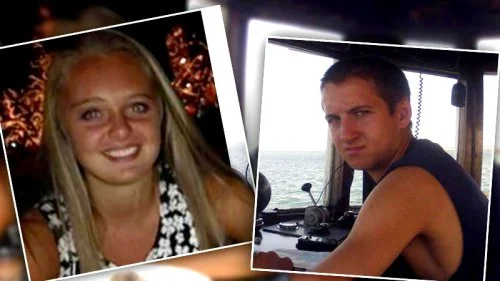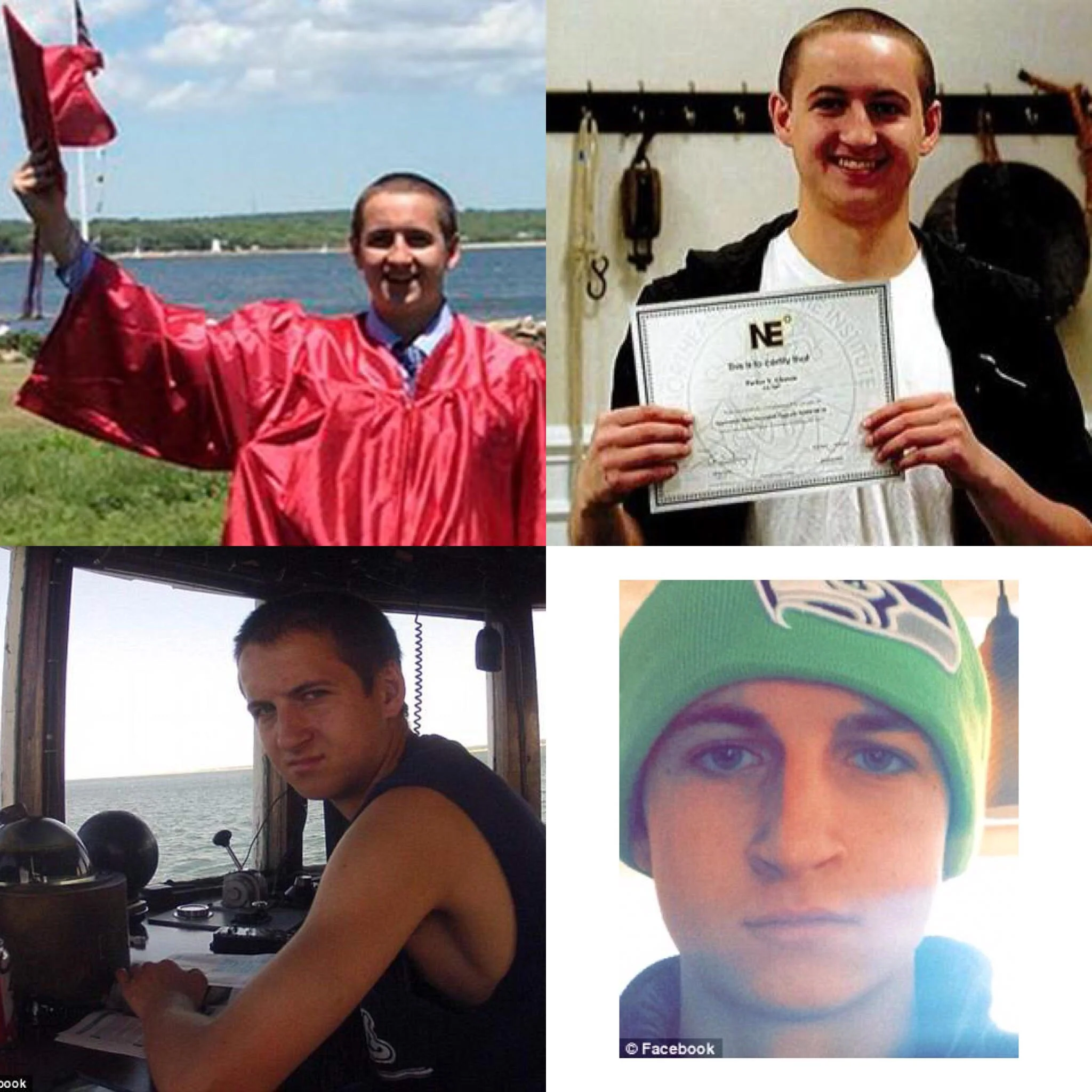In the year of 13 Reasons Why, this is an awkward time to be on trial for assisting a suicide.
UPDATE: Carter has been found GUILTY. Sentencing will be August 3, 2017. The Doctor's testimony (discussed below) was thrown out, the judge declared it was not part of his decision-making.
Personal Note: While I believe she needs to know how and why what she did was wrong and there are consequences, I do not support social media name-calling, bashing, or saying atrocious things about Carter or what she does or does not deserve. She needs help, love, support, and an opportunity to grow and learn from her past.
Did Conrad Roy take his own life using his own free will to do so? Yes.
Would Conrad Roy have taken his life that day if Michelle Carter had not been involved? We. Don't. Know.
Michelle Carter did, in fact, have a heavy hand in influencing Roy's decision - regardless of the acts potential criminal implications.
The facts are all over, but what I need to discuss are the peripheral influences that will likely not get a fair inventory during this case: the factors of mental health and media over-saturation. Today, a doctor defending Carter and the potential medical side effects she may have been enduring, will take the stand. Roy's own mental health is continuously being evaluated and used as "evidence" in this trial.
How much information around being under psychiatric care is fact and how much is conjecture?
If you google-image-search "Conrad Roy graduation" you get a very different picture of a boy that has mostly been depicted by trial coverage photos as sneering and moody. 'Graduation' results display a smiling, successful young man who likes boating and being on the water. Both images are part of his full person. Just as you can see picture-perfect images of Carter along with her "lost puppy, I can't even believe this bullshit" face, they're both her.
People are very dimensional. It's a sad function of adulthood that there is an attempt to streamline all dimension into one highly groomed, outward-facing image. (Raised eyebrow over to all those dirty politician who get caught letting their freak flag fly.)
As of 2013-2014 there is a Grand Total of 8,389,034 kids on psychiatric drugs, age 0-17, in the United States.
Today, a doctor will take the stand in Carter's defense. However, where is the doctor on Roy's defense? There are over 8 MILLION medicated juveniles. There is only ONE of this case, which is why many are looking at this trial as setting the precedent. However, to imply that medication or treatment played a part in this event is not only further stigmatizing the medications and the people who take them but also is manipulating the entire concept of managing one's mental health - framing it as dangerous, for people who are problematic, making things worse, a symbol of a more challenging person, or purporting that the entire concept is an erratic, unpredictable slippery slope. They are using this as a defense to explain away Carter's actions, with almost no discussion of how Roy had been benefiting and showing signs of improvement through is treatment, further damning Michelle's course of action.
Where are the scientific journals of people who have truly succeeded, healthfully, as a person utilizing the mental health industry? Where are the case studies of people who have overcome addictions, moved from delayed adolescence into functional adulthood, who conquer their fears daily and contribute positively and generously to society - not from being over-medicated, hyper-stimulated, or zombie-complacent, but from being effectively treated with moderate medication, therapy, and inner-perseverance? We don't see those journals because Pharmaceuticals is a billion-dollar industry that only promotes the NEED for medication, not the result of proper use - for fear it might discontinue.
Therefore, if a doctor is allowed to offer his/her potentially damaging testimony, shouldn't a specialist in the cultural impact of media on the youth also take the stand?
A very compelling article was published Friday June 9th by Buzzfeed News regarding the undeniable similarities between Carter's personal narrative throughout the events around Roy's passing and Lea Michele's dialogue both in and out of character on Glee! surrounding the time of Cory Monteith's death.
So many times I've had "sayings" or catchphrases that were entirely lifted from pop-culture. I mean - Did anyone in my generation get through school without saying "I thought I was your Snack Pack," (Billy Madison) or "How YOU doin?" (Friends)? In this day and age, there are myriad fandoms that can have entire conversations in references we don't understand. However, that's not what this young woman has done. Carter is reiterating exact language from a fictional character and celebrity to narrate her personal experience.
This doesn't mean "she did it" it means she was a highly influenced teen who was very intimately attached to a hollywood incident that one year later happened to play out in her own life.
If the Slenderman murder was legitimate then that exact same influence should be taken into account in this trial. This is not a murder trial, circumstantially, but it's also not a mental health witch hunt. The witnesses only offer specific statements, where this whole occurrence should be looked at from a wider frame, of how it fits into youth culture, developmental health, maintaining mental health, moderating media intake, etc. It's not that Michelle Carter needs to be made an example of, but she does need to realize her actions have consequences. - that fiction can't dictate reality, and lack of awareness of those actions can not be an excuse. At least, that's what Hannah Baker would want.





